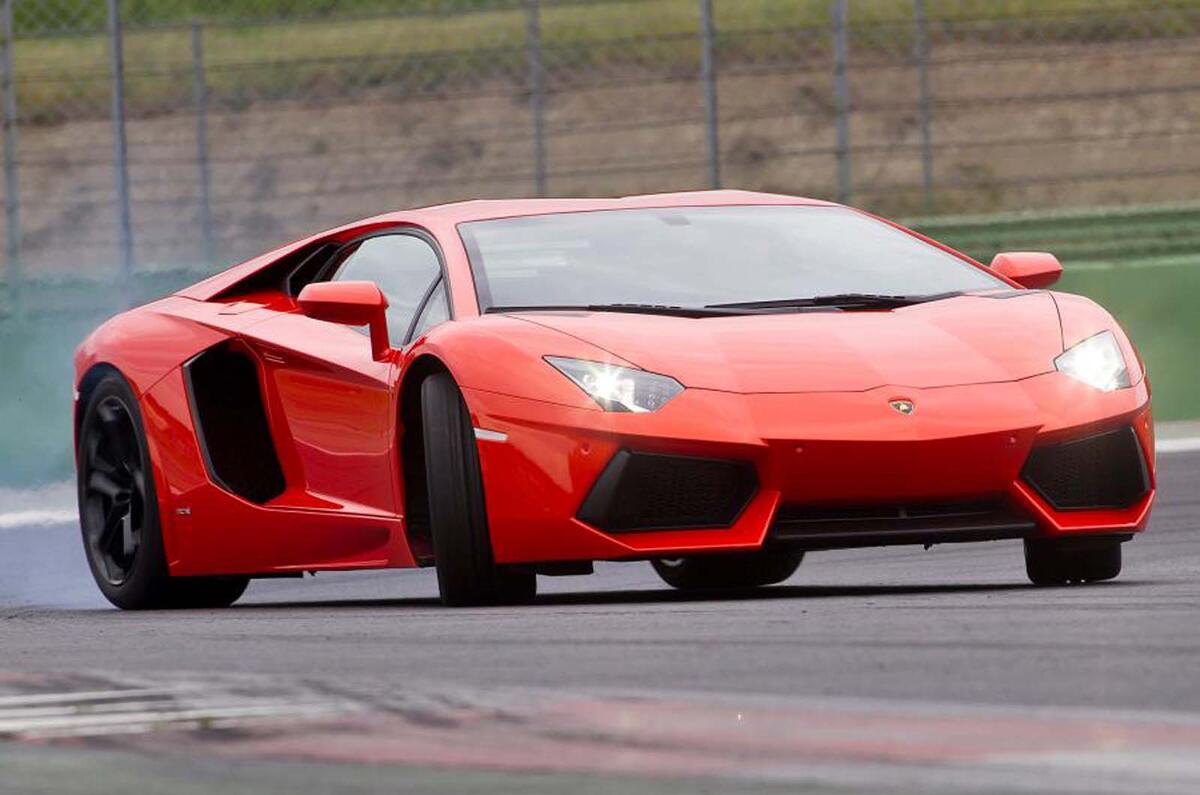Lamborghini is determined to stick with naturally aspirated engines for its super-sports models despite many of its rivals switching to turbocharging to enhance performance and reduce emissions.
The company’s technical director, Maurizio Reggiani, also said that he is intent on resisting any pressure to reduce the number of cylinders in its next generation of supercars.
“Every car has a mission, and based on that mission you have to choose the right engine,” Reggiani said. “For the [Urus SUV] the decision was turbo, but we will continue to choose natural aspiration for the super-sports cars. In the future, we will need to take account of fuel consumption and emissions. I am convinced the naturally aspirated engine coupled with a hybrid system can be the right answer.”
The Huracán replacement, due in 2022, is likely to become a plug-in hybrid, but Reggiani hinted that the Lamborghini Aventador arriving before then will also switch to part-electric power.
He said: “We need to reinvent this icon without [losing] the characteristics of the current car: carbonfibre, the V12 naturally aspirated engine and other components. Looking forward, if it is a hybrid then in what ways can we compensate for its weight?”
Reggiani admits that he sees battery density, and the need to accommodate a significant number of cells, as being nearly as much of a problem as weight for sports cars. Lamborghini is working on a project with the Massachusetts Institute of Technology (MIT) in Boston to develop carbonfibre bodywork that can act as a storage battery as well as superconductors.
Last year, the Italian car maker revealed the electric Terzo Millennio concept, created with MIT, which showcased next-generation energy storage systems and innovative materials.
Reggiani also said that an electrical drivetrain may help to civilise a version of the current Aventador’s sometimes aggressive single-clutch transmission: “You could use the electric motor to ensure that you don’t have torque interruption.”
As well as his commitment to a naturally aspirated V12 for the Aventador replacement, Reggiani is planning for the next Huracán to stick with a non-turbo 10-cylinder engine. “The reaction you have to a 10-cylinder engine you cannot have from any other kind. This is what our customers love,” he said. “Why do I need to do something different? If I trust in the naturally aspirated engine, why downgrade my powertrain to a V8 or V6? I am Lamborghini, I am the top of the pinnacle of super-sports cars. I want to stay where I am.”





Join the debate
Add your comment
So in other words the
Battery
The current battery tech will be the limiting factor in any future model, trying to package sufficient cells to provide any meaningful range will be difficult. The weight will be crippling.
The idea....
Nobody said cutting pollution from Vehicles was going to safe the Planet, there are so many other forms of pollution I haven’t got room or time to mention,but, wouldn’t it be nice if Vehicles were a bit more efficient, cheaper to run?, plus, fossil fuelled Vehicles aren’t going to disappear in our life time their going to be here a little longer that Governments predict, they just want to start cutting pollution.